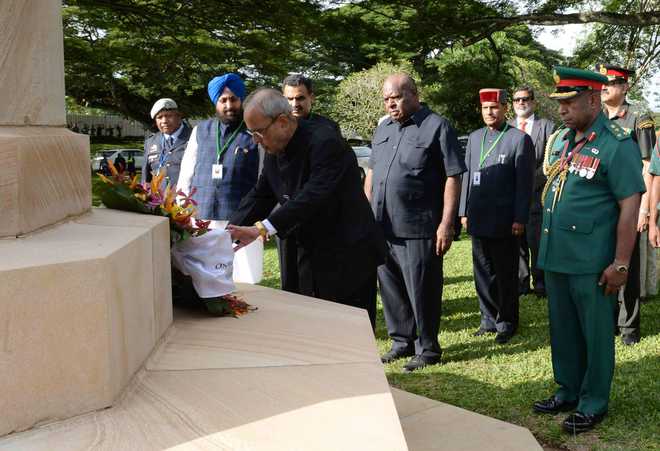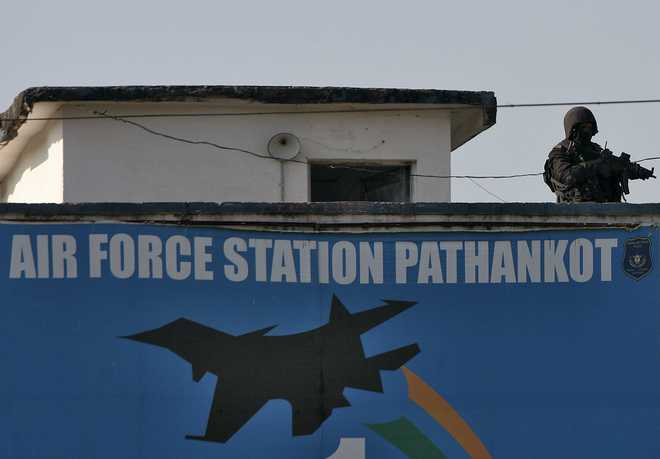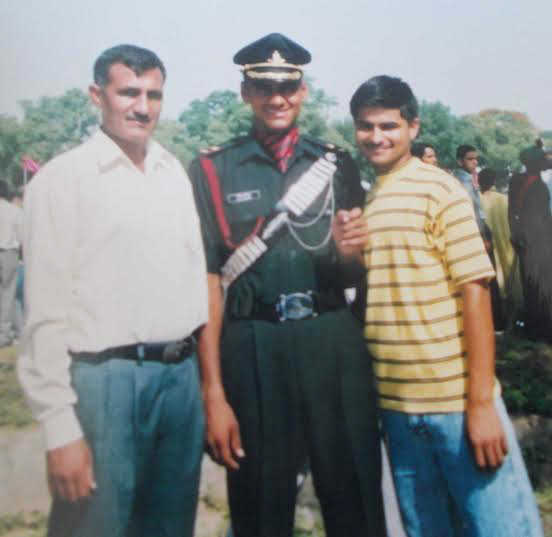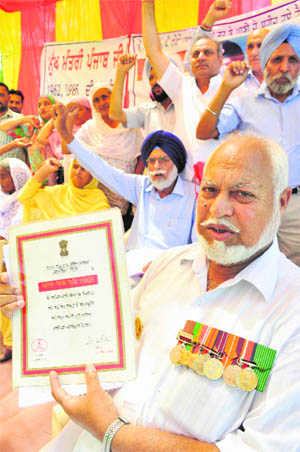
India’s self-contradictory actions may land it in trouble: Chinese media
India’s efforts to manoeuvre nimbly to forge closer ties with the US while stepping up dialogue with China and its “self-contradictory actions” in the foreign policy front may land it in a “difficult position”, Chinese media warned today.
India’s efforts to manoeuvre nimbly to forge closer ties with the US while stepping up dialogue with China and its “self-contradictory actions” in the foreign policy front may land it in a “difficult position”, Chinese media warned today.
“While the lack of political leadership and ideological self-doubt regarding non-alignment hindered previous Indian governments, Prime Minister Narendra Modiis better positioned tou00a0manoeuvre nimbly and therefore take seemingly self-contradictory actions in his foreign policymaking,” an article in the website of the state-run Global Times said.
“In mid-February, a US military official revealed that the Indian Navy would join the US in patrolling South China Sea. Although the Indian side soon denied such joint patrols, Modi’s government has clearly taken a bolder stance on China- related issues in the region than its predecessors,” it said.
“Not only did the Indian ambassador publicly articulate support for the Philippine’s claims in the South China Sea arbitration case, Indian decision-makers also echoed the US, Japan, and Australia in hardening its position against China on the maritime disputes there,” the article said.
While India announced plans to sign Logistic Supply Agreement (LSA) getting access to the US bases, it also ramped up contacts with China, it said.
“Against the backdrop of a series of preceding ominous events, the Modi administration’s newly staged three-way dialogue with the Chinese leadership involving the foreign minister, defence minister and national security advisor is actually revealing,” it said, referring to recent meetings of the top Indian officials with their Chinese counterparts.
“While the previous UPA government led by Manmohan Singh was bogged down by rampant internal divisions and unable to act decisively, the Modi administration can now nimbly manoeuvre and pursue a more dramatic policy vis-a-vis China, even though sometimes such policies may appear self-contradictory or even paradoxical,” it said.
Despite the Indian government’s dramatic postures concerning major power relations, Modi actually maintains the old-school “balance of power” strategy, the article said.
“That’s why Sino-Indian relations have seen a cascade of tensions that were unconventionally followed by another series of warm diplomatic exchanges,” it added.
“In New Delhi’s calculation vis-u00e0-vis China, swinging back and forth may well create strategic leverage that can be more effective than simply deferring to China’s presumed opposition against India’s interaction with a third party on the sensitive issues.
“For example, India might use the unsigned draft LSA with the US to create some unconventional leverage in the three forthcoming meetings with Chinese leadership,” it said.
“However, New Delhi also has to remember that such flip-flops on major power relations may also put itself in a difficult position. Considering that the low-hanging fruit, if there was any, has already been plucked, such strategy may amount to little at the end of the day,” it said.














































































